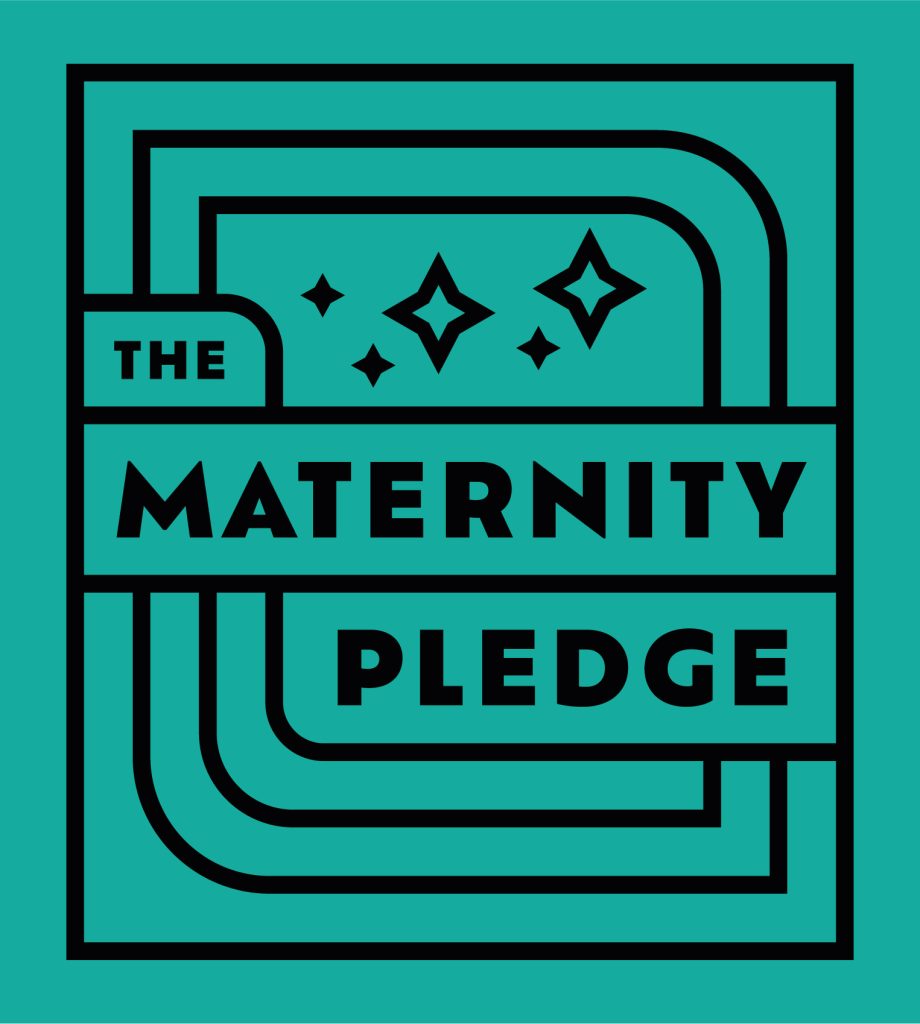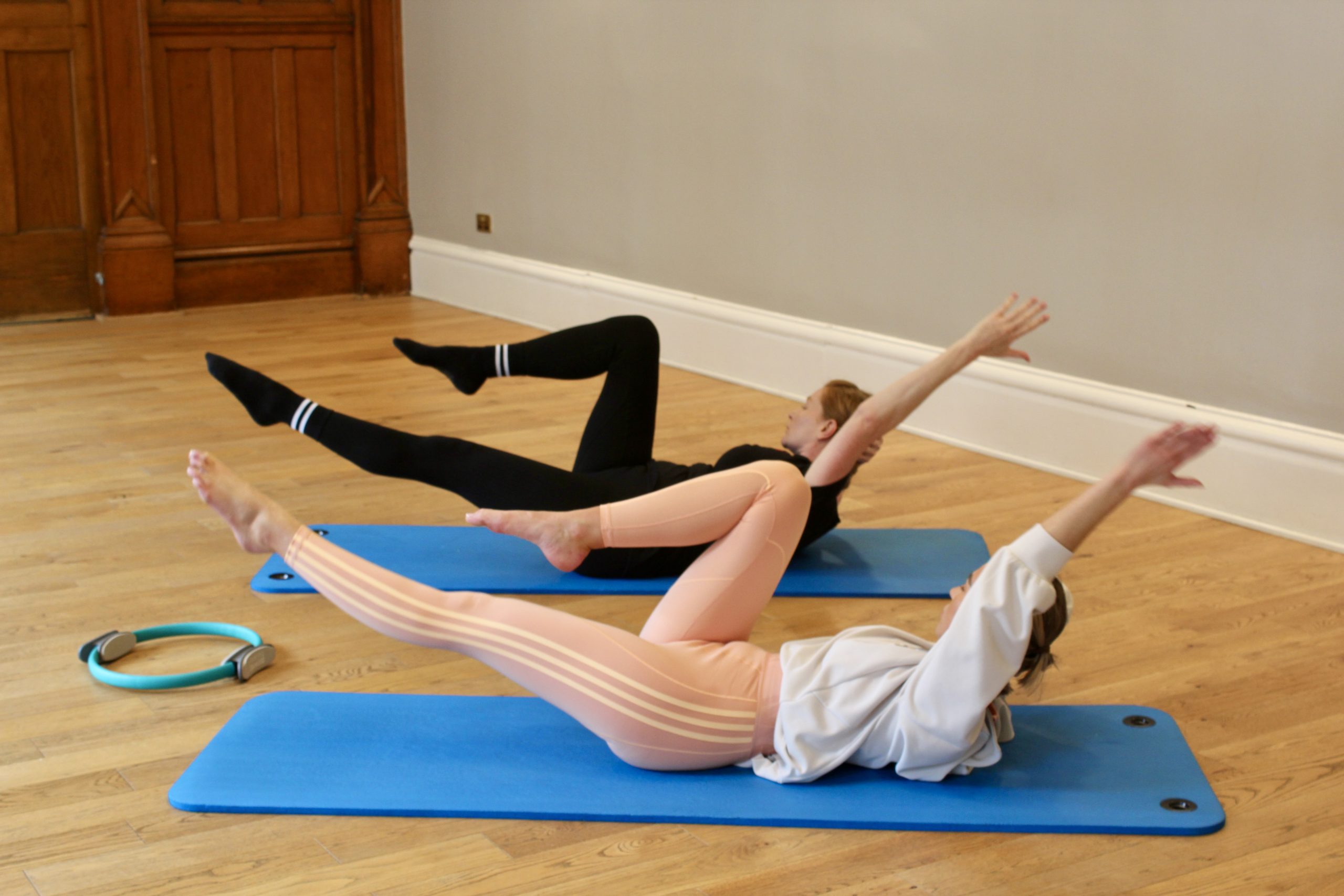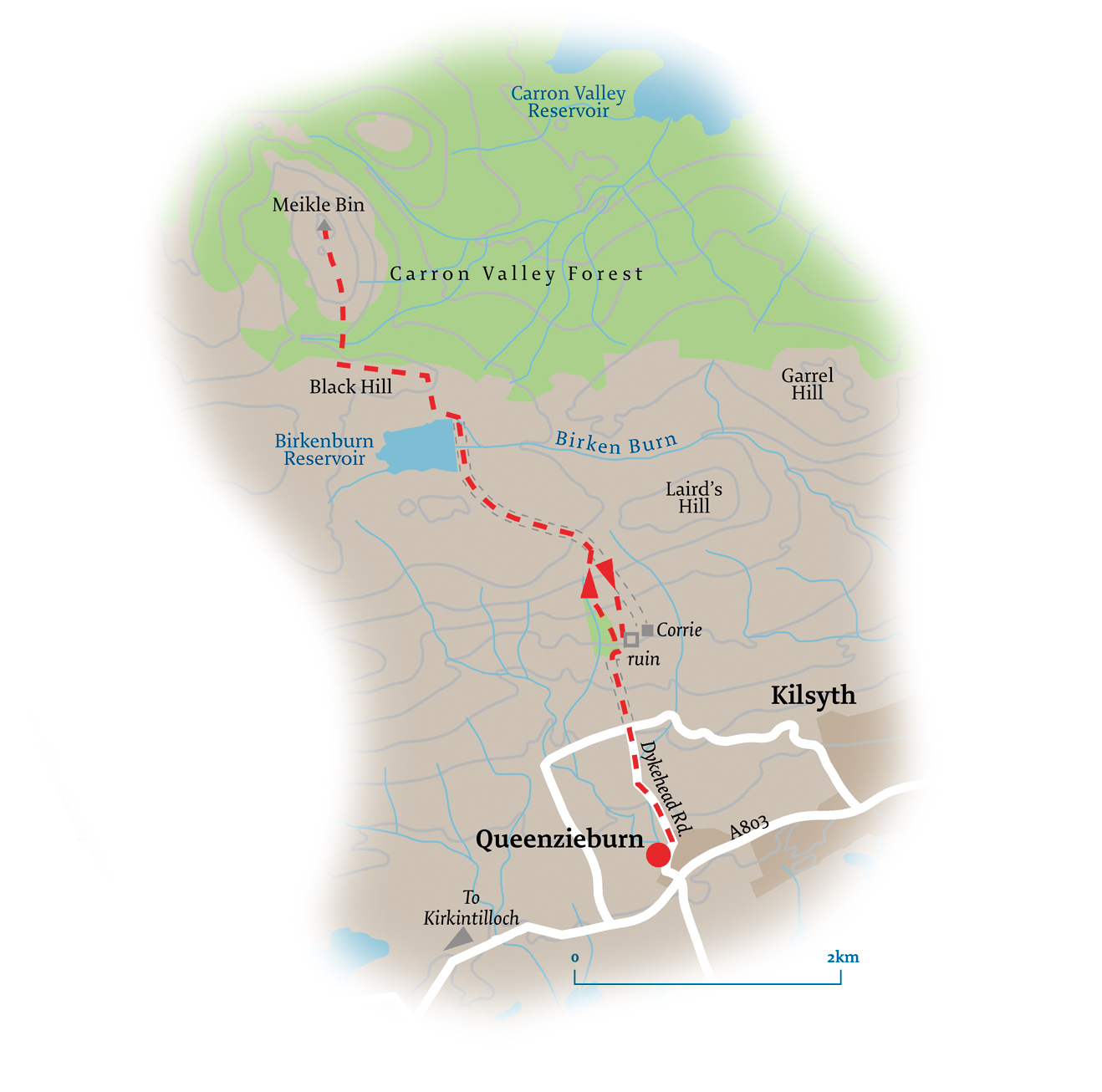by Tracy Mukherjee

When Susannah Dale’s first child turned up 5 weeks early in 2018, little did she know the journey that lay ahead. Her baby boy had to spend 10 days in neonatal care. This had a devastating effect on Susannah’s mental health. Not having that initial time to bond with him led to post-natal depression and some very challenging feelings about becoming a new mum.
Fast forward to 2020, a second child… a lockdown baby. This time around Susannah was on guard for the signs of postnatal depression. Instead, she experienced such anger at being robbed of a “normal” new-born experience. The world was closed, and this second chance of a blissful perinatal period just wasn’t there. Her resentment at the situation also let to problems bonding with her second child. Luckily, she managed to get some counselling to work through the very complex feelings of guilt she had regarding her first son being in neonatal care.
Matrescence
Following her struggles through early motherhood, Susannah went looking for answers. She came across the term matrescence. This is an anthropological word from the 70s which is having a revival. She realised that unlike adolescence and menopause, this time in a woman’s life is not widely recognised as a transformational experience. Knowing this helped her make sense of the thoughts and feelings she had had.
Susannah went on to speak to many women about their perinatal experiences. Where each had an individual story, she identified common themes that kept recurring. The idea that becoming a mother is instinctive, breastfeeding very natural, for many, simply wasn’t the case. Her thoughts were that if new mums knew about matrescence being more of a process, a journey, those feelings of guilt when things aren’t naturally instantaneous might be less distressing.
Seeing the physical, psychological, and emotional changes affecting new mums Susannah felt so strongly that they shouldn’t feel alone, guilty and struggling with the transformation to motherhood. Add in maternity leave and returning to work? The resulting anxiety and stress can have a devastating effect. Susannah could see from the statistics. Just 24% of women returned to full time employment after having children. 57% of these women left their employment within two years, either due to redundancy or mental health issues. Something had to be done.
The Maternity Pledge
Enter the Maternity Pledge, a social enterprise working with workplaces to encourage women through pregnancy and back to work. The workplace pledge encourages employers to support pregnant employees and new mums. Matrescence Packs provide unique information and tools to help those employees navigate their pregnancy and matrescence. The Matrescence Club for new mums supports them through maternity leave. It is hoped that, by workplaces joining the Maternity Pledge they will be demonstrating their commitment to making their workplace one that values pregnant employees and those navigating matrescence.
The goals of the pledge couldn’t be clearer. The Maternity Pledge is a way to empower new mums experiencing matrescence to advocate for themselves, ensuring an emotional connection is maintained with their workplace. This is achieved by businesses promising to provide support and good communication to their employees. In the meantime, expectant and new mums will have a platform for receiving information about the transformation that is matrescence and evidence-based perinatal communication to help reduce postnatal mental health issues. In addition, the pledge creates a forum of feedback that can affect real change.
Supporting women through pregnancy and matrescence in the workplace should be more than a legal requirement. The Maternity Pledge ensures workplaces who sign up for the pledge do so much more than granting statutory leave. In return those organisations receive a digital Maternity Pledge badge, Maternity Pledge handbook, and ensures their employees get their Matrescence Pack and access to the Matrescence Club.
From the start, Susannah has had one goal; Let’s Talk About Matrescence.
I think she’s got our attention.
For more information on the Maternity Pledge and matrescence visit –

e:susannah@maternitypledge.com
Return to – Business Articles












